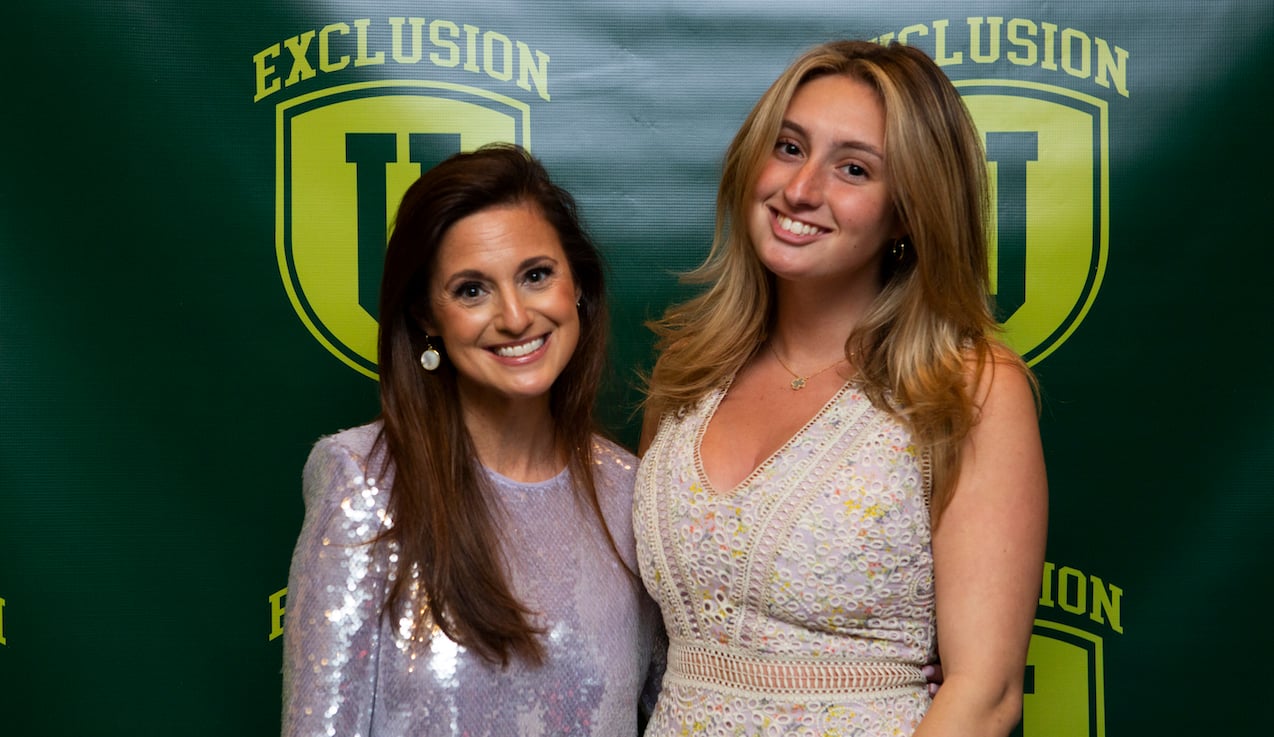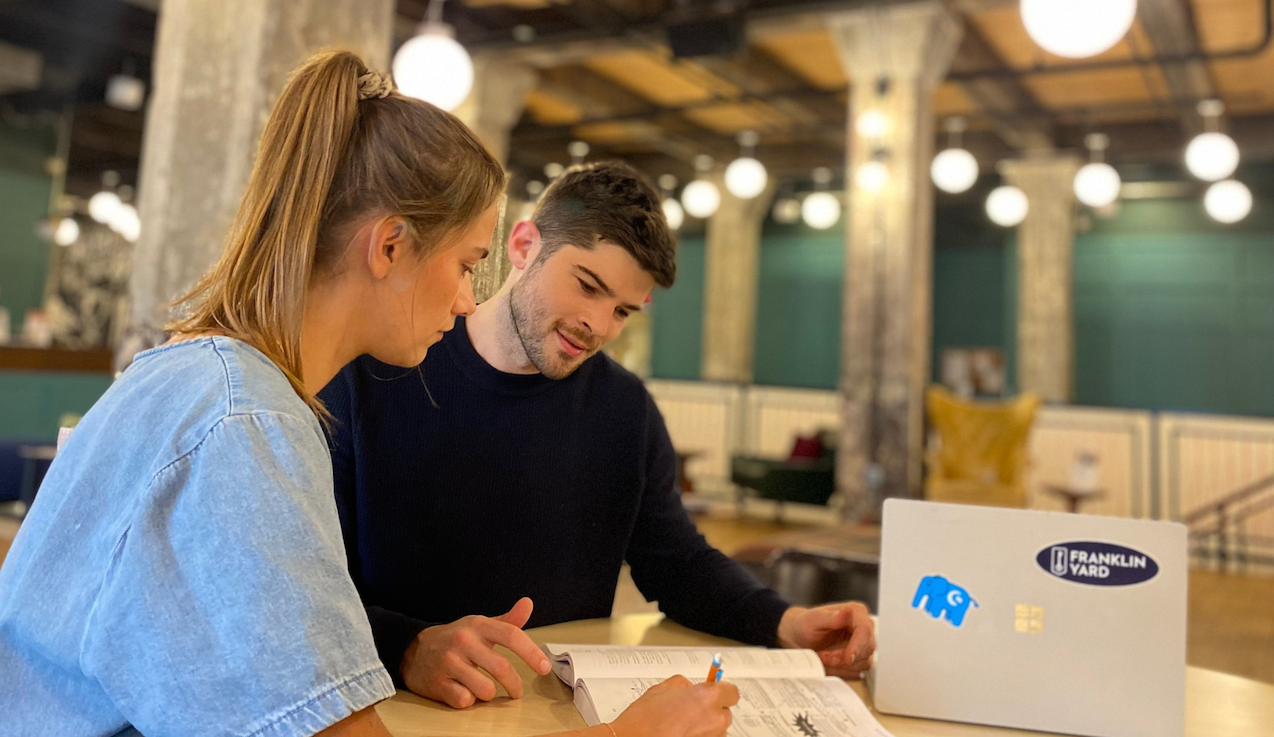Tomorrow is my rising high school senior's first college interview. Sophie is super outgoing and enjoys conversations with others. But as I tell every student, you want to prepare in advance.
Here is what I am making her do today...
1. Do a deep dive on the college's website.
That doesn't mean skimming a few pages to find the "buzz words" for the college and calling it a day. It means unpacking the undergraduate requirements, looking into the history and philosophy of the college, and learning about the admissions process there. For example, like many small liberal arts colleges, this school that Sophie is visiting tomorrow has a first-year seminar program. Just mentioning that in an interview is like "name-dropping." But as we dove into the first-year seminars, Sophie noticed one that caught her eye. I told her to then look up the professor who teaches it and see what their research is in, what they are known for, and what department they teach in. Write everything down that stands out to you. You can use it in your interview.2. Do an even deeper dive on the major you plan to list on your application for that specific college.
We took a look at the department website of the major Sophie plans to list and were amazed at all the offerings. There were dozens of hyperlinks to click taking us on our own journey from the special endowment in place for majors in this department, to the department's student blog, to the lecture series that brings in scholars in the field, to a field study studying ancient sites. When Sophie saw the requirements for the major, her eyes lit up. Yes, she recognized the language requirements she has been noticing at other colleges for this major. But the cross-disciplinary classes needed for this major were her second and third major choice (and the college had all of them). It was in that moment that she realized how much she could take advantage of at this tiny gem of a school.
RELATED READING: How to Choose a Major to List on Your College Applications
3. If you read my book, Soundbite, take your Soundbite, pull out the nouns in it, and write them down.
You should have about four or five nouns, at the very least, that distinctly represent you. These four or five nouns become your guide in the interview. You want to try to weave these words (really, identity-markers only you could say) into your responses to the questions that get asked. They are your talking points and they are uniquely your own.4. And if you don't have a Soundbite just yet, write down four or five nouns or roles that have shaped you and/or that you are most proud of as a high school student.
For example, if I was interviewing, here are the five nouns/roles that I would have said as a rising high school senior:- Daughter of two working parents
- Captain of the tennis team
- Native of a rural, incredibly diverse town
- Public speaker
- Feminist (when being a feminist wasn't exactly common!)
5. And at 3:00 pm today, I'll be giving Sophie a short mock interview.
Even though you can't predict what questions you will get asked, there are some overarching ones that tend to come up:- Why are you interested in our college?
- What academic interests do you have?
- What educational experience are you most proud of in high school?
- What activities do you do?
- What would you want the admissions committee to know about you that you haven't mentioned yet?
- What book have you read that has made an impact on you?
- What questions do you have about our college?
READ MORE: How to Navigate the New Supplemental Essay Prompts Post-Affirmative Action
Almost thirty years after I interviewed at this same college, Sophie will be interviewing there in less than 24 hours. Just like she is, I am excited, a little nervous, and endlessly optimistic about what is to come. With a little bit of preparation, the college interview becomes a powerful extension of the student's application. Break a leg, Sophie. You got this.











